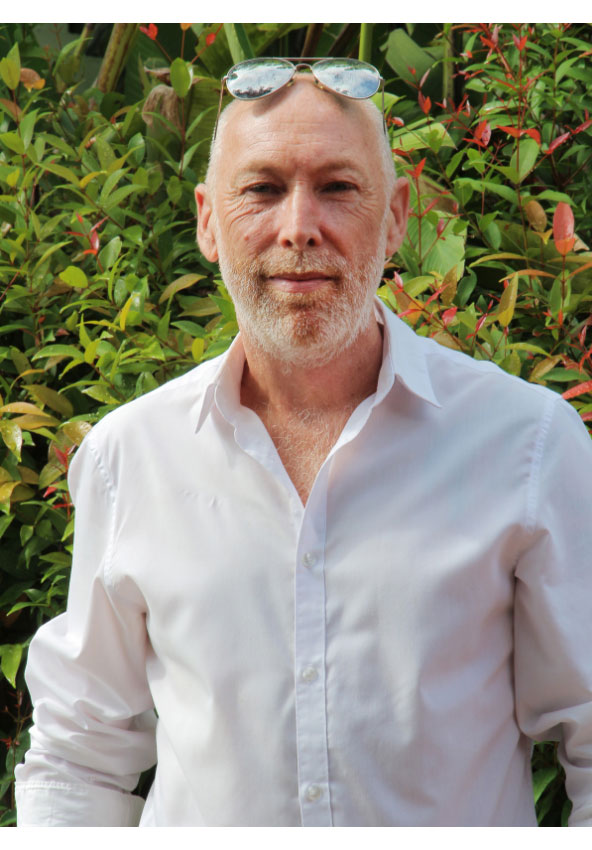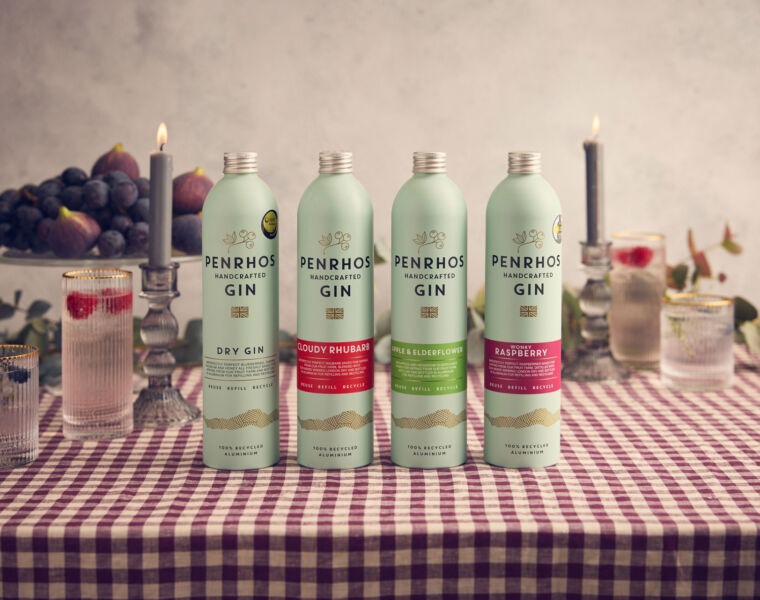
As the holiday season approaches, the festive atmosphere and celebrations can erode people’s awareness of the risks associated with heavy drinking. Experts suggest it is imperative to be aware of your drinking patterns and to understand the associated risks of altered drinking habits at social and interpersonal levels.
Assess your Christmas drinking habits with a simple and visual “Traffic Light System.” Answer the questions below and see if your drinking falls within the safe zone or if there’s a need to reconsider your approach.
Questionnaire: How Much is Too Much?
1. How often do you drink during the Christmas season?
- Green: Occasionally
- Yellow: Regularly
- Red: Daily
2. On a typical Christmas celebration, how many drinks do you consume?
- Green: 1-2 drinks
- Yellow: 3-4 drinks
- Red: 5 or more drinks
3. Do you feel in control of your drinking during holiday events?
- Green: Always
- Yellow: Sometimes
- Red: Rarely or Never
4. Have you noticed any negative effects of your drinking on your health or relationships?
- Green: No
- Yellow: Some
- Red: Yes
5. How would you describe your overall mood and behaviour after drinking during the holidays?
- Green: Positive and Controlled
- Yellow: Variable, Sometimes Impulsive
- Red: Negative, Aggressive, or Unpredictable

Results: What Do the Lights Say?
Green Light: Congratulations! Your Christmas drinking habits seem to be within safe and moderate limits. Keep it up, and ensure you stay mindful of your consumption.
Yellow Light: Caution! Your drinking habits might be entering into a risk zone. Consider moderating your alcohol intake and staying aware of how it impacts your well-being.
Red Light: Stop and Reflect! Your Christmas drinking habits could be potentially harmful. It’s crucial to reassess and consider seeking support or professional advice to ensure your well-being.
Remember, these are general guidelines, and individual health circumstances can vary. If you find yourself in the yellow or red zone, it might be helpful to talk to a healthcare professional or a counsellor for personalized guidance.
NHS Alcohol Consumption Recommendations
In the United Kingdom, figures supplied by the NHS suggest that men and women should not regularly drink more than 14 units per week, spread evenly over three or more days.
Abstaining for 48 hours is advised after a heavy drinking episode, and because individual tolerance varies, some specific groups, such as pregnant women, individuals with certain medical conditions, or those taking medications, may be better off avoiding alcohol altogether.
 Lee Hawker-Lecesne MBPsS (right), Clinical Director at The Cabin, Asia’s most respected rehab, with a clinical team of more than 50 years of experience, comments, “In the UK, excessive or ‘binge drinking’ is observed to be more prevalent during the holidays, presenting immediate risks such as impaired judgment and coordination.
Lee Hawker-Lecesne MBPsS (right), Clinical Director at The Cabin, Asia’s most respected rehab, with a clinical team of more than 50 years of experience, comments, “In the UK, excessive or ‘binge drinking’ is observed to be more prevalent during the holidays, presenting immediate risks such as impaired judgment and coordination.
This heightened vulnerability can lead to accidents, injuries, and, in many severe cases, alcohol poisoning.
The impact of excessive drinking extends to interpersonal relationships, particularly during the holiday season. Strained relationships and conflicts can arise due to alcohol-induced impairment, negatively affecting family dynamics and social interactions.
For some, the emotional challenges inherent in the holidays, encompassing stress, loneliness, and heightened expectations, may drive some individuals to use excessive drinking as a coping mechanism. This coping strategy, however, has the potential to exacerbate mental health issues, including anxiety and depression”.
The Dangers of Binge Drinking
Binge drinking, which is typically characterized by the consumption of large quantities of alcohol in a short span, inflicts a profound assault on the intricate network of the brain. The impact on neuronal function is a central concern in understanding the detrimental effects of this pattern of alcohol consumption.
Lee comments, “Neurons, the fundamental building blocks of the nervous system, communicate through electrical and chemical signals. Binge drinking disrupts this communication process, affecting neurotransmitters—the messengers responsible for transmitting signals between neurons.
The increased presence of alcohol in the bloodstream interferes with the balance of neurotransmitters, particularly gamma-aminobutyric acid (GABA) and glutamate. GABA is an inhibitory neurotransmitter and is enhanced by alcohol. This leads to a dampening effect on neuronal activity.
This results in a slowdown of brain function, causing the characteristic sedation associated with alcohol consumption. Conversely, though, glutamate, which is an excitatory neurotransmitter, is inhibited by alcohol, further contributing to the overall depressive effect on the central nervous system”.
Many people are unaware of the significant damage to the brain caused by excessive alcohol. Binge drinking induces neuroinflammation, triggering an immune response within the brain. This inflammatory cascade can lead to oxidative stress and damage to neuronal structures.
The delicate balance of neurotransmitters is then further disrupted, contributing to the cognitive and behavioural changes associated with excessive alcohol consumption.
While many people may see Christmas and New Year as an opportunity to overindulge, for many, the drinking may surpass the end of the holiday season. So be aware of your drinking habits this festive season and seek help if you are worried about yourself or a loved one.
Click here for more further information about Lee, The Cabin or its alcohol addiction treatment program.
Read more drinks features and guides here.
![]()




You must be logged in to post a comment.